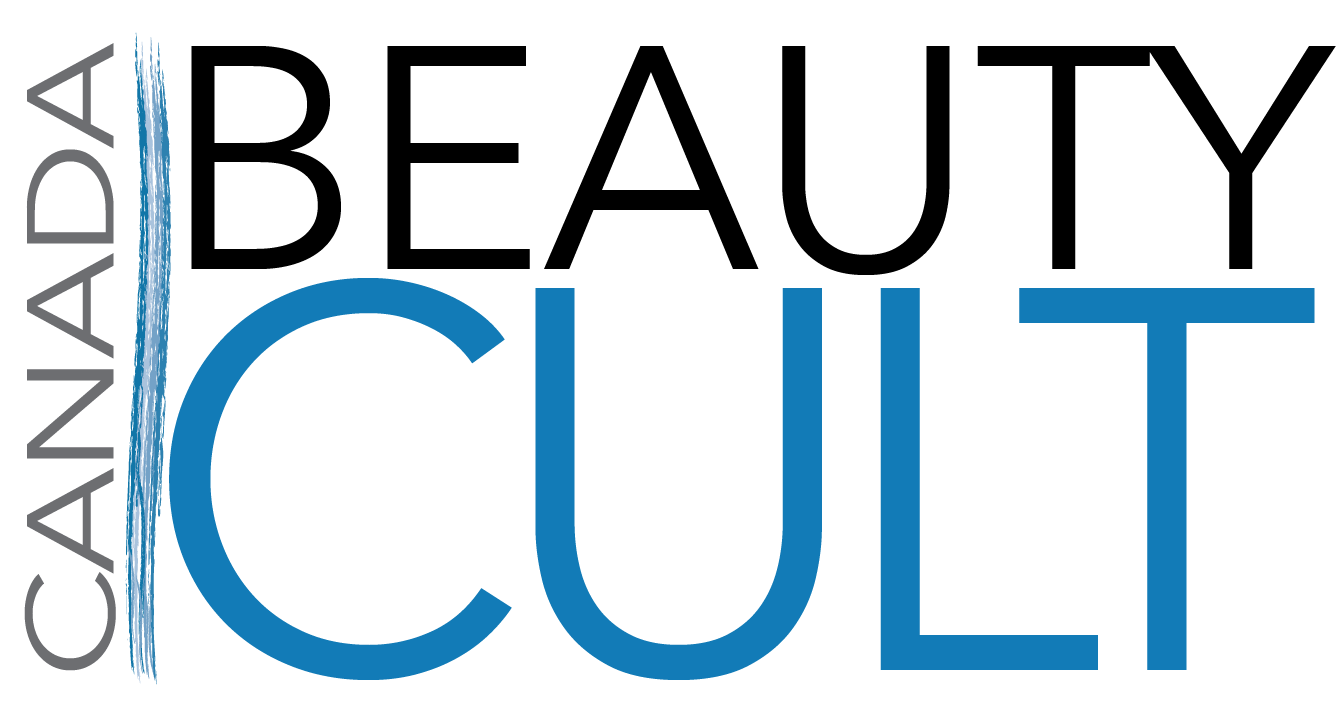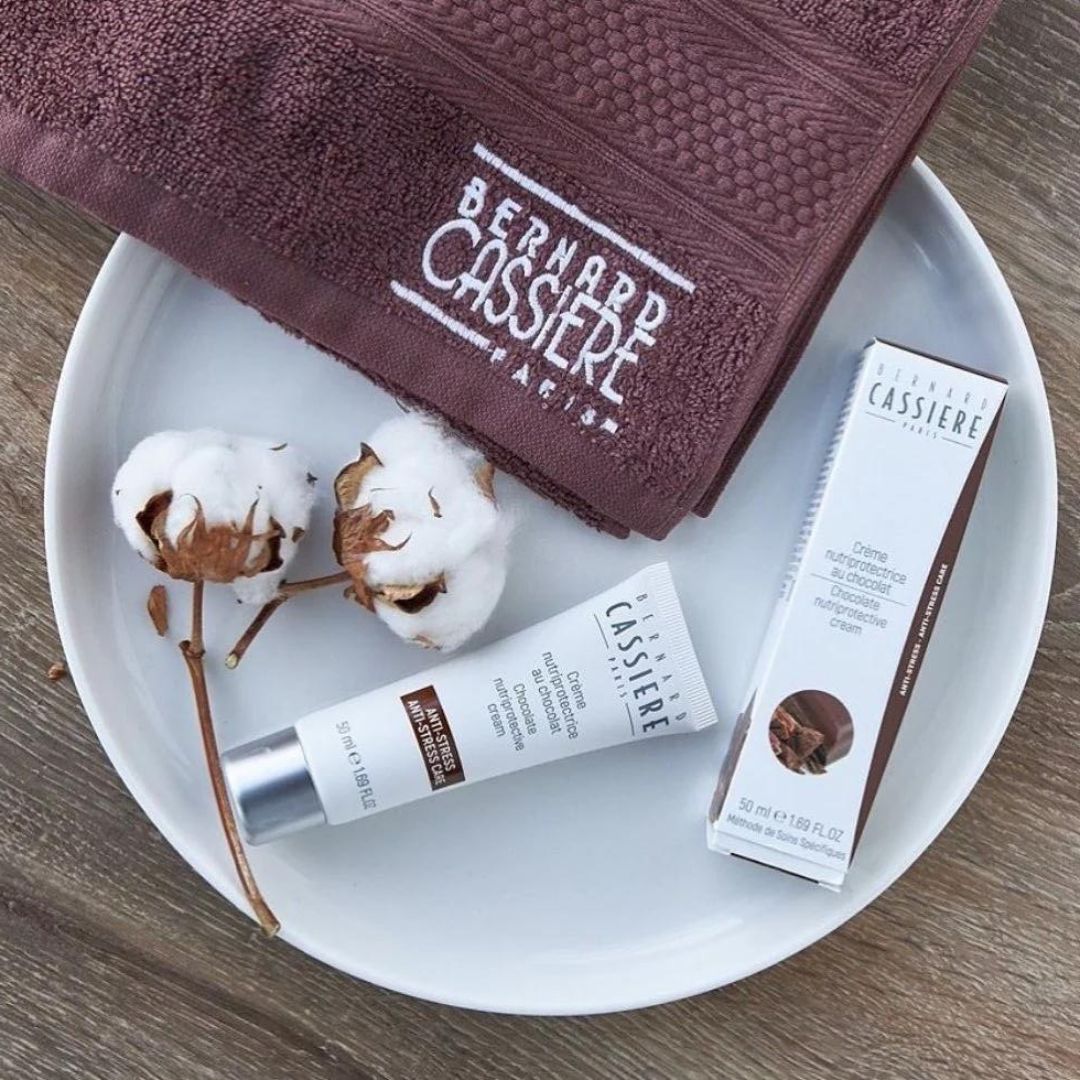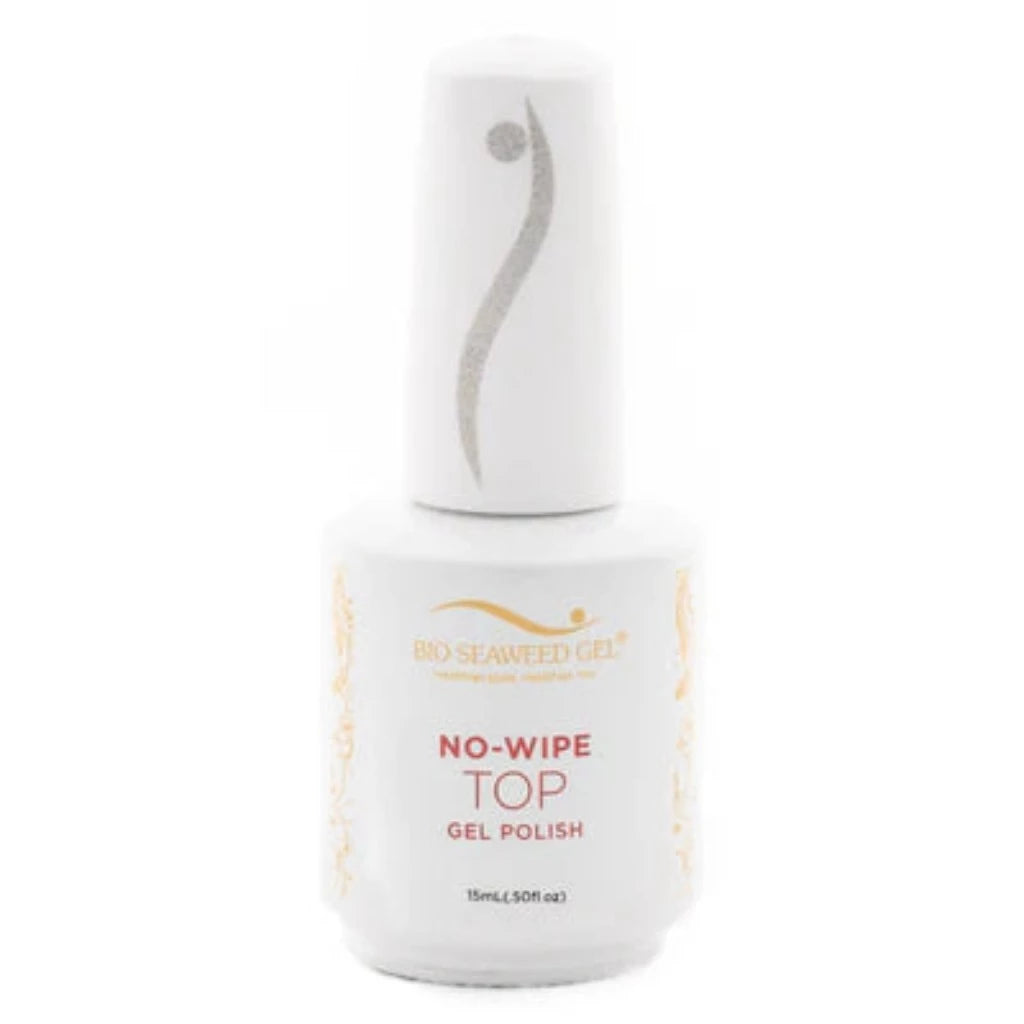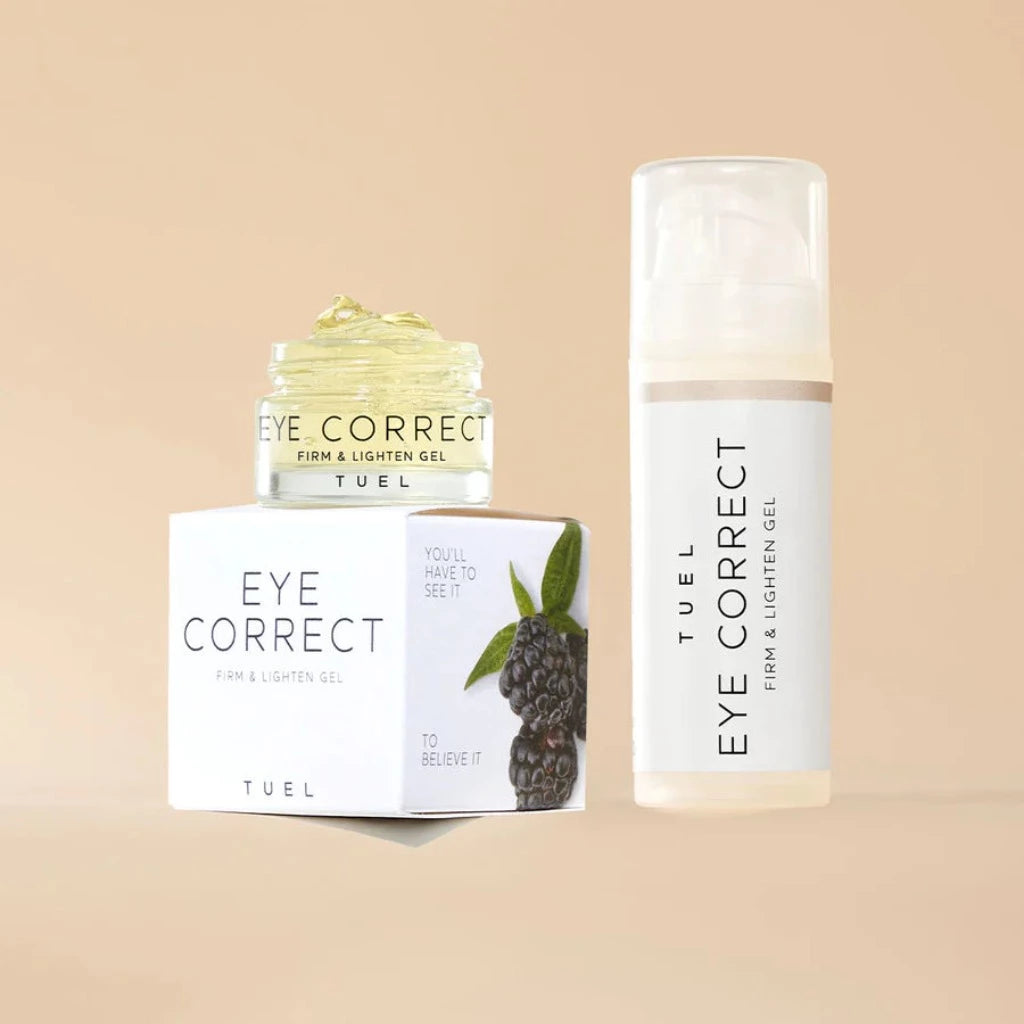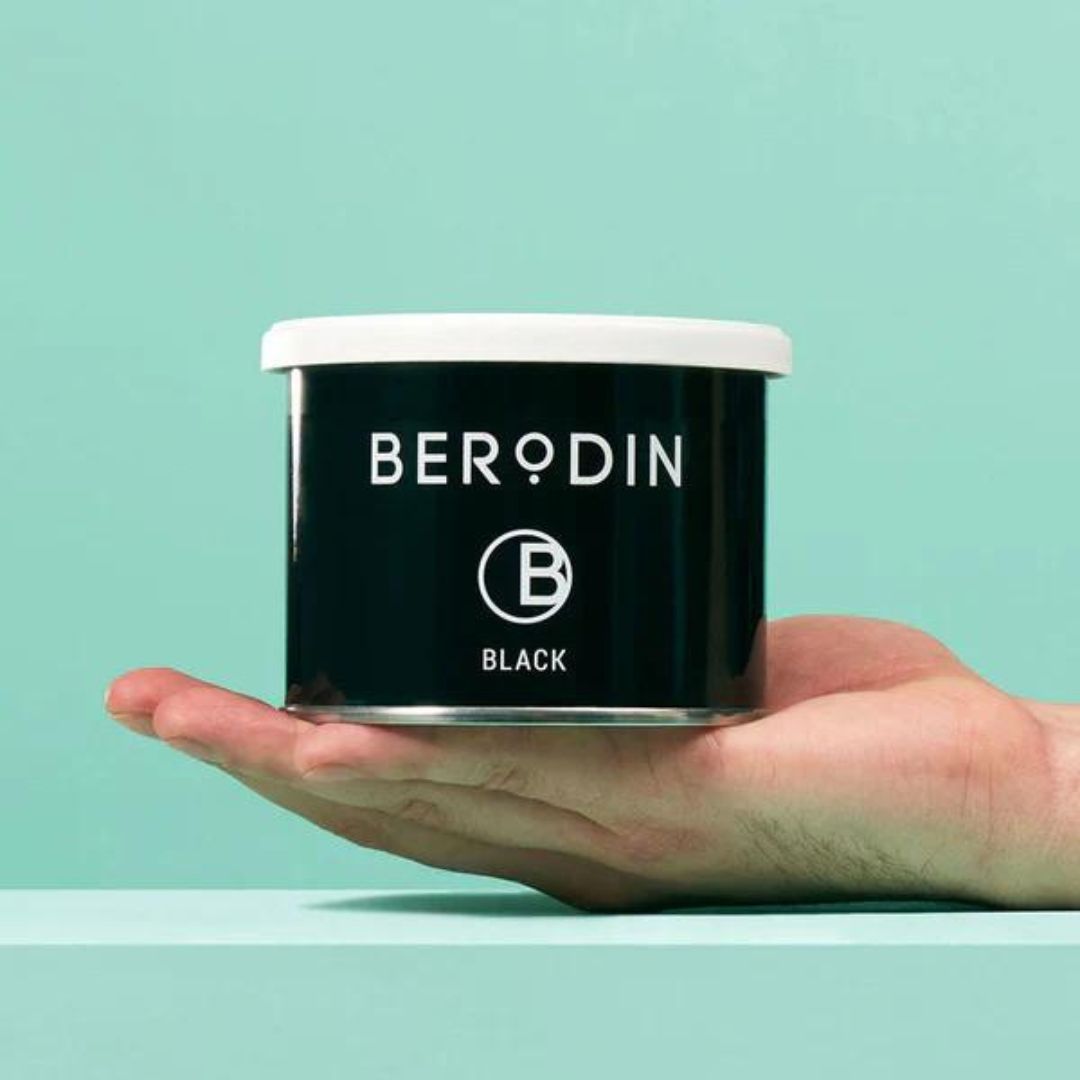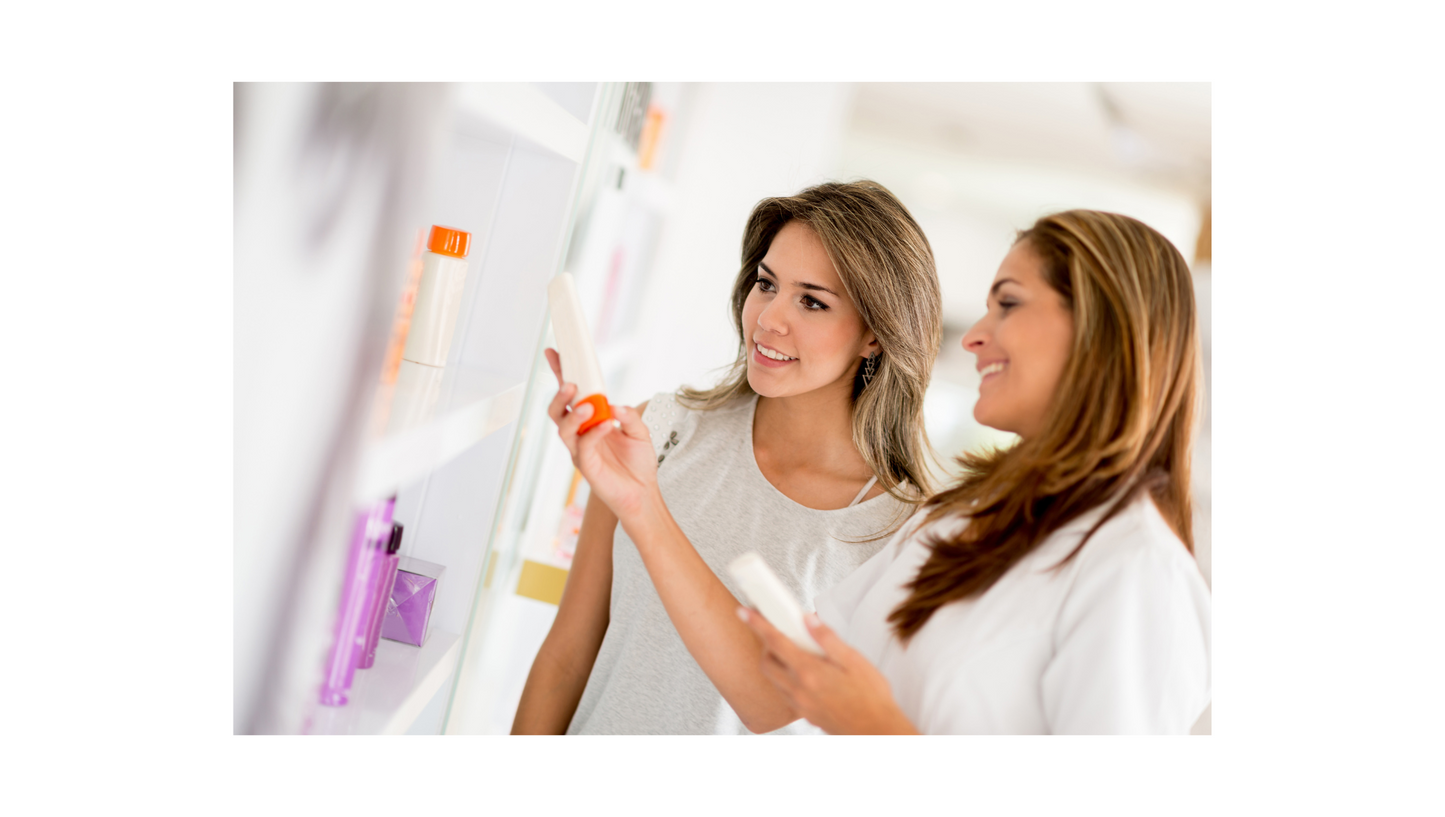
If you’re a beauty professional who loves providing treatments but hates retailing, you're not alone. In fact, it's one of the most common things we hear when mentoring estheticians and spa pros:
“I just want to give great service. I feel pushy when I talk about products. I don’t want my clients to feel like they’re being sold to.” Sound familiar?
The truth is, most of us didn’t get into this industry to become salespeople. We got into it to help people feel better in their skin, to provide a relaxing escape, and to offer real, visible results. But here’s the reality:
Results don’t stop at the treatment room door.
If you’re only focusing on the in-spa service and not guiding your client on what to use at home, you're actually doing them a disservice, even if your intentions are good.
Shift Your Mindset: Stop Selling. Start Recommending.
You’re not pushing products—you’re offering solutions. Retailing isn’t about convincing someone to spend more money. It’s about:
- Personalizing their skincare plan
- Supporting the results they came in for
- Educating them so they don’t waste money on the wrong products elsewhere
Let’s break it down with examples you can start using right away:
Instead of saying:
“You should buy this serum, it’s really good.”
Try saying:
“We focused on calming your skin today. This serum will help reduce redness and support your results between now and your next visit.”
Instead of saying:
“We have a sale on moisturizers—do you want to grab one?”
Try saying:
“Your skin was quite dehydrated today. This moisturizer will help rebuild your barrier. I recommend using it morning and night—want me to show you how it feels on your skin?”
When It Still Feels Icky
If retail still feels icky or stressful, it might be less about retail and more about your environment.
- Are you being forced to hit unrealistic targets?
- Is the culture sales-driven instead of client-focused?
- Do you actually believe in the products you're being told to sell?
If you're working somewhere that makes you feel like a pushy salesperson instead of a trusted professional, it’s okay to re-evaluate. The right workplace will support education-based recommendations, not high-pressure tactics.
Retailing Tips for All Beauty Professionals
Whether you’re a solo esthetician, working in a busy spa, or somewhere in between, retailing can feel uncomfortable—but it’s an important part of helping clients get the best results. Here are practical tips to make recommending products feel natural and supportive, not pushy:
1. Build Trust First
Clients come to you for your expertise and care. Focus on creating a genuine connection before mentioning products. When trust is there, recommendations feel like helpful advice, not a sales pitch.
2. Keep It Simple
Offer one or two product suggestions tailored to the client’s specific needs. Too many options can overwhelm clients and make you feel like you’re selling rather than helping.
3. Use Storytelling
Share your own experience or a success story from a client who benefited from a product. For example, “After using this serum, my skin felt so much more hydrated and calm.”
4. Demonstrate and Educate
Show your client how to use the product correctly during or after their treatment. This builds confidence and makes the purchase more meaningful.
5. Make It Part of Your Service Flow
Integrate product recommendations naturally into your consultation or aftercare talk, rather than tacking them on at the end.
6. Set Manageable Goals
Don’t pressure yourself to hit big retail targets. Set small goals for regular, low-pressure recommendations that feel authentic to you.
7. Offer Samples as a Follow-Up Tool, Not a First Option
Samples should support your recommendation, not replace it. First, confidently explain the product’s benefits and why it fits your client’s needs. If they seem hesitant or need time to decide, then a sample can be a helpful follow-up tool. Let them know:
“I really think this would help, but I totally understand if you’d like to try it first. I have a small sample you can take home.”
Used strategically, samples can build trust after you’ve educated the client and given them a reason to consider the full-size product.
8. Stay Authentic
Only recommend products you believe in and would use yourself. Authenticity builds trust and keeps retailing aligned with your values.
Final Thought: Retailing Is Part of Client Care
Let’s rewrite the narrative: Retailing isn’t about selling—it’s an extension of the care you’re already giving. You're the expert. Your clients trust your hands, your knowledge, and your advice. If you know a product will help, don't keep that to yourself.
Because at the end of the day, you’re not just helping them relax—you’re helping them transform their skin.
Loved this topic?
For more real talk, industry insights, and mindset shifts, tune into the Beauty Babble podcast, new episodes drop on the 1st and 15th of each month. We keep it honest, educational, and totally judgment-free.
Got a question, rant, or topic you want us to cover? Submit it here, and we might feature it on a future episode of Beauty Babble!
